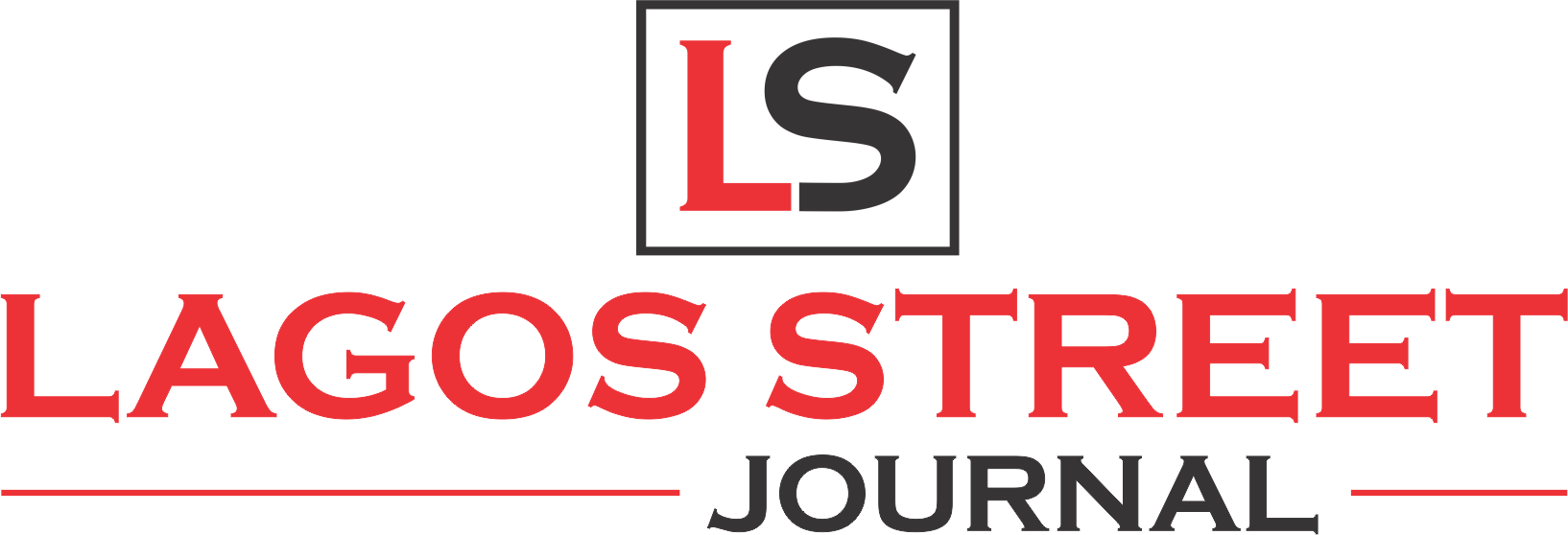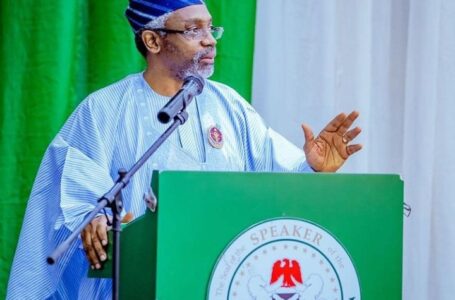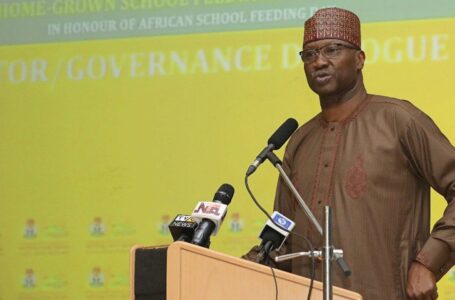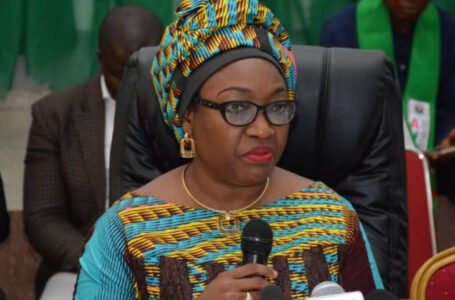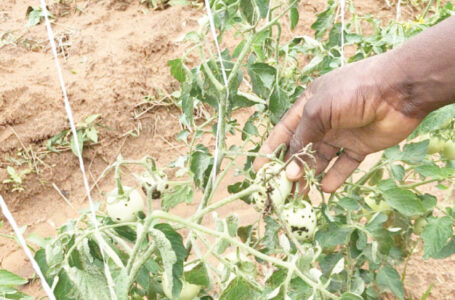Witness narrates how Ex-HoS, allies diverted public funds to private companies in court
Nigeria drops in corruption index, ranks second most corrupt West African country


By Modupe Shodeinde
Transparency International on Thursday disclosed that Nigeria had dropped to 149 on the 2020 corruption perception index, becoming the second most corrupt country in West Africa.
In a publication by the Civil Society Legislative Advocacy Centre, (CISLAC), Nigeria scored 25 out of 100 points in the 2020 CPI, falling back by one point compared to last year.
Guinea Bissau was named the most corrupt nation in the sub-region, as it ranked 165 on the CPI.
According to the report by CISLAC/TI Nigeria, Centre for Democracy and Development CDD, and BudgIT, Nigeria fell back by one point compared to last year.
The report read in part: “The 2020 Corruption Perceptions Index, CPI, released globally by Transparency International (TI) today shows that Nigeria yet again, records a decline in the CPI in 2020.
“Published exclusively in Nigeria by the Civil Society Legislative Advocacy Centre (CISLAC), the National Chapter of TI, the index reveals that Nigeria scored 25 out of 100 points in the 2020 CPI, falling back by one point compared to last year.
“In the country comparison for this year, Nigeria ranks 149 out of 183 countries— three places down compared to 2019 results.
“The CPI aggregates data from eight different sources that provide perceptions by Nigeria’s business community and country experts on the level of corruption in the public sector.
“While the index does not show specific incidences of corruption, it is an indication of the perception of the Nigerian public about the state of corruption in the country. The index is completely impartial, objective and globally well respected.
“This result is coming at the heels of numerous challenges facing the country ranging from the Covid-19 pandemic, insecurity, high unemployment and a sharp increase in government borrowing amongst others.
“While releasing its report on ‘Rising to the Challenge: Nigeria’s COVID Response’ in December 2020 the World Bank warned that “In the next three years, an average Nigerian could see a reversal of decades of economic growth and the country could enter its deepest recession since the 1980s.”
The report further pointed out that “Nigeria’s CPI score is just another reminder of the need for a fast, transparent, and robust response to the challenges posed by corruption to Nigeria.
“It is worrying that despite the numerous efforts by state actors on the war against corruption, Nigeria is still perceived by citizens and members of the international community as being corrupt. CISLAC/TI is forced to ask why the results do not commensurate with the efforts?”
However, the report made it clear that “Despite the fact that CISLAC and Nigerian partners do not collect the CPI data as this is done by independent, reputable organisations, we and other well-meaning citizens have experienced push-back from various governments and their supporters when the CPI results and other indices turn unfavourable.
“Some of these pushbacks include labeling us ‘unpatriotic citizens’. In some instances, physical attacks were experienced.”
The report also stated that according to the Council on Foreign Relations, CFR, Nigeria witnessed a total of 2,860 kidnappings in 2020 as opposed to 1,386 in 2019.
“The picture is further gloomy when taking into consideration the Unemployment Data for the second quarter of 2020 released by the National Bureau of Statistics (NBS).
“This survey by the NBS which is the government’s statistical agency shows that one in two Nigerian is either unemployed (27.1%) or underemployed (28.6%).
“Each of these challenges can be linked to corruption and mismanagement of public resources, which further exacerbates the economic and health impact of the terrible global pandemic.”
CISLAC/TI and partners pointed out some factors that would continue to negate the fight against corruption in the country.
Some of these key weaknesses include the absence of transparency in the COVID-19 pandemic response; nepotism in the public service appointments and promotions; Lack of adequate anti-corruption legal frameworks and interference by politicians in the operation of law enforcement agencies.
Also, the prevalence of bribery and extortion in the Nigerian Police; and security sector corruption.
